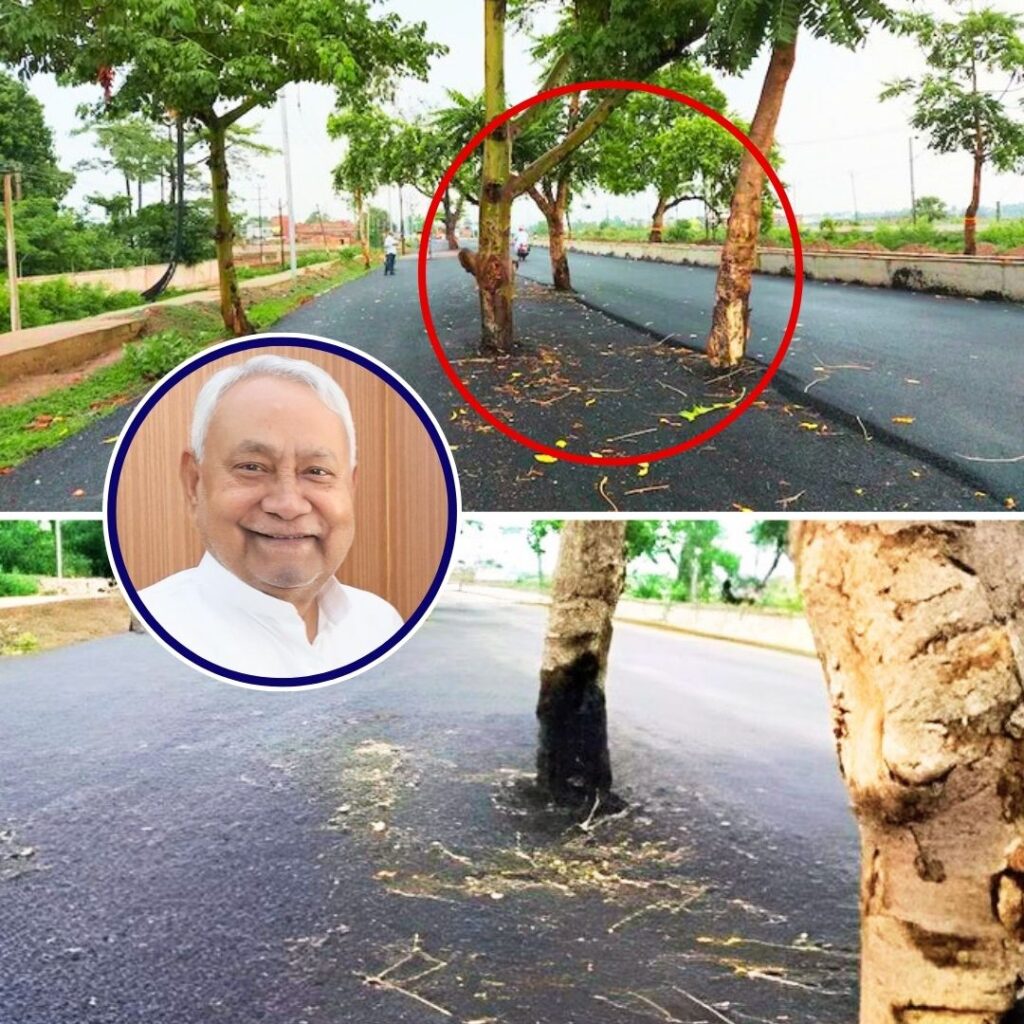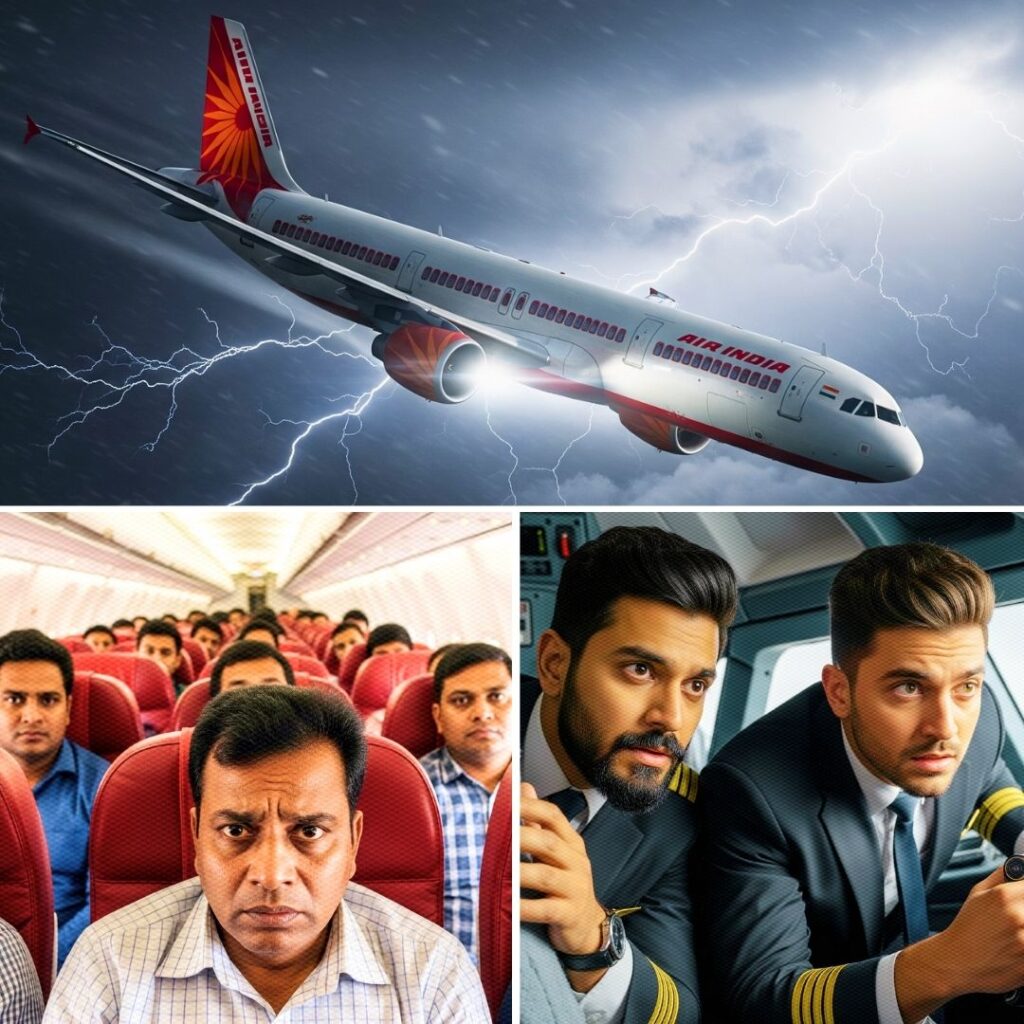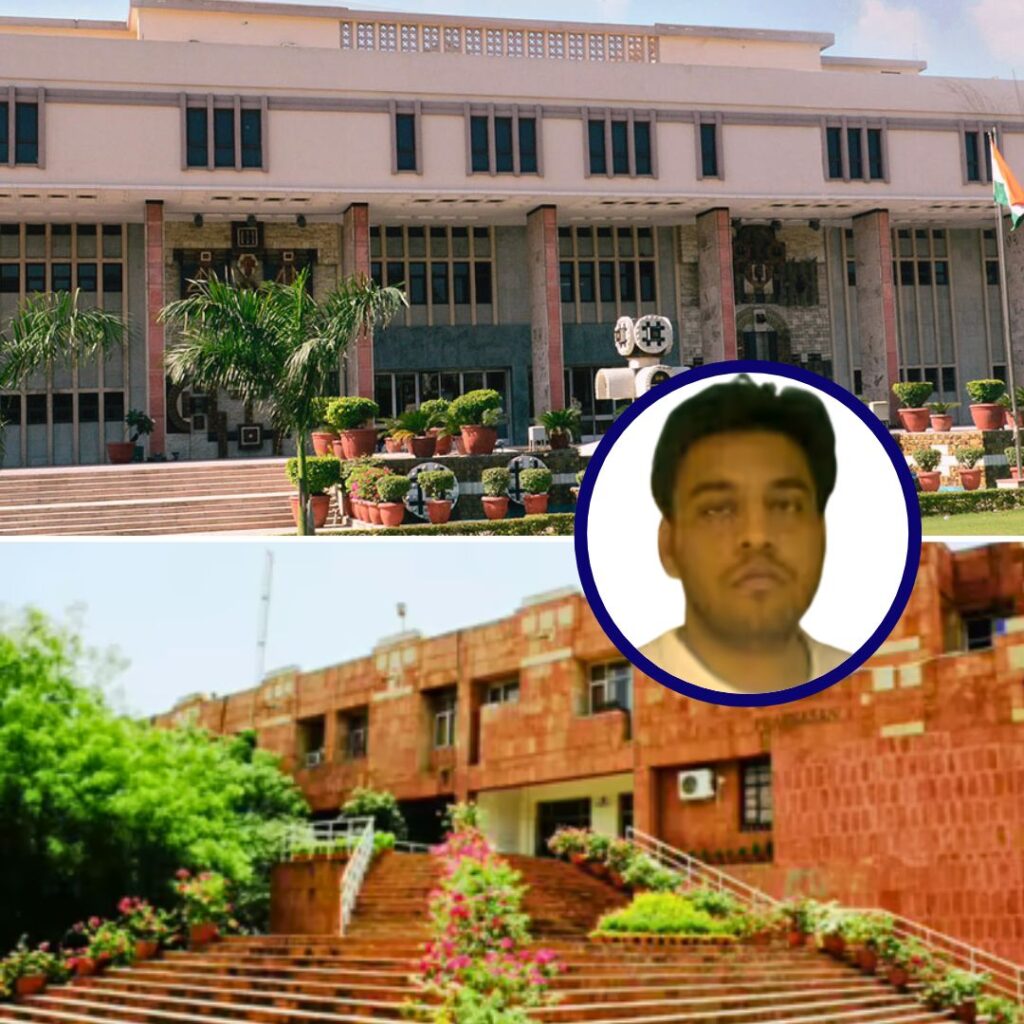Sport can create hope where once there was only despair. It is more powerful than governments in breaking down racial barriers. It laughs in the face of all types of discrimination – Nelson Mandela
India’s colonial past has resulted in varied identities and cultures, and in parallel, a union in the form of nationhood. For 70 years, our “Unity in Diversity” has given us strength.
However, we cannot ignore some of the deep inequalities that emerged as a consequence of colonialism and its effects that are still felt today.
During the Portuguese colonisation, the areas which form the present states of Karnataka, Gujarat, and Andhra Pradesh, became home to the Bantu peoples of Sub Saharan Africa, who were brought by the Portuguese as slave labour. The descendants of the original settlers now form the Afro-Indian tribal community known as Siddis, settled in the coastal areas of Karnataka, Gujarat, and parts of Andhra Pradesh. For them, the journey started as a part of the uniquely destructive and exploitative force that is colonialism, the effects of which are inequality and prejudice in all parts of the world.
In Karnataka, the Siddis are settled mainly in Yellapura, Haliyal, Mundgod, and Sirsi taluks. Studies have shown that Siddis in Karnataka, much like in other parts of India, have remained isolated, and economically and socially neglected, predominantly settled in forest dwellings. This limits access to resources and opportunities in more ways than mere logistics. Inequality, fuelled by prejudice and policy based welfare, inhibits opportunities further for large pockets of our society, including Siddis.
What are the efforts being taken to promote inclusiveness and opportunities for the Siddi community in Karnataka?
One of the surest ways to empower a society is to empower its youth. Bridges of Sports Foundation, a Bangalore based non-profit organisation, has found a unique way of empowering children in marginalised communities: Through Sports.
Bridges of Sports, recently selected for the incubation program at the Indian Institute of Management, Bangalore, has already identified areas of intervention and begun implementing sports for social development initiatives. One of their key areas of intervention is among the Siddis in Karnataka. The support through skills development, providing equipment, additional training, and helping navigate bureaucracy resulted in encouraging results. Bridges of Sports partners with local schools in selected areas where training specific to the popular local sport is given. Further support is provided to high performing students to help them continue their journey.
In April 2017, the selected coaches of Bridges of Sports Foundation travelled 800 km across Karnataka to meet Siddi children and convince their parents to let them join school and train in sports. In these forest areas, coaches Anil and Malangoudar often used to visit huts where families lived together with the cows; the conditions were desperate. They shared the lime juice served to them in a single bowl and managed to convince and get 30 Siddi children into the partner school of Bridges of Sports Foundation at Mundgod. Two of the children were Ravikiran and Yesumariya.
Ravikiran is a resident of Yellapur, a Siddi settlement in Karnataka. As Siddi settlements are mainly in remote forest dwellings, this limited his access to opportunities and information.
Bridges of Sports enrolled Ravikiran into Loyola school in Mundgod and put him into a training regime for track athletics. Having received the required training and support through the initiative of the foundation, he went on to win Gold at the Taluk level and won Bronze at the district meet.
Anil, who is the coach for both these children identifies that what is unique about the Bridges of Sports model, is early identification and support for these athletes throughout their schooling. Through the partnership with local school, these children are given free education, accommodation and food throughout the schooling year. The coaches of Bridges of Sports become, not just coaches but mentors to these children. And importantly, the support is provided to all the children and not just the ones winning medals. Thereby, it makes it easier for them to perform better and not buckle under pressure, fearing for their futures.
When Anil meet Yesumariya for the first time in her house, among the small community in Haliyala, she was reluctant to join the training program. After detailed discussion with her parents, and outlining that complete care and training will be provided by Bridges of Sports, what made them happy was that the coach himself had made the trip all the way to her house. This gave them assurance to give consent for her daughter to join the training program. Her story is equally encouraging and corroborative of the efforts taken by Bridges of Sports. She was selected, along with her brother, to access training, equipment, and support to p…











